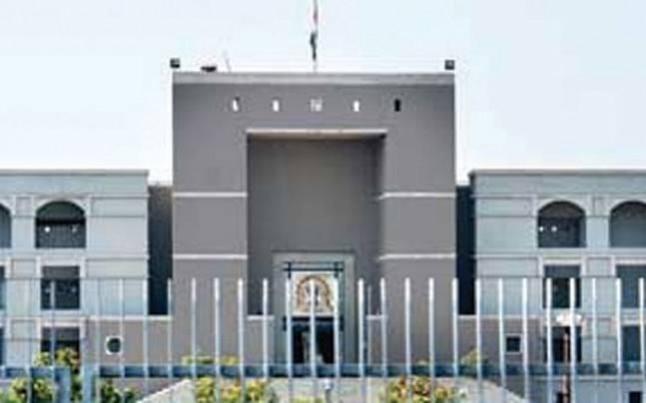In a rather recent development, the Gujarat High Court on Wednesday held that when it comes to an important judgment related to bail proceedings in cases under the SC/ST Prevention of Atrocities Act, there is no need for the courts to hear the complainant/victim during bail hearings for bailable offences.
While deciding a petition challenging the constitutional validity of Section 15A of the Act, the exception was made by the bench of Chief Justice Vikram Nath and Justice J B Pardiwala. The petition they were hearing was filed by Hemal Jain. He was booked under atrocity laws for allegedly passing a casteist remark at a worker. The petition bestows the right on the victim/complainant/dependent to he heard by the court during hearings for bail or absence of an accused booked under atrocity laws.

No need to spend time in Jail
The accused spent time in jail as the complainant was yet to give a reply to his bail application and the court had to wait accordingly. Jain's advocate Virat Popat stated in front of the court that because of the law's unreasonable provision, Jain had to be inside the jail despite it being a bailable offence.
According to the High Court, it is not mandatory for the court to give opportunity of hearing the victim's or dependant's plea when a person is accused of committing only a bailable offence or offences under the Act.
Court clarifies
The HC clarified further, "However, before the court decides to turn down such opportunity to the victim or the dependent, the court shall carefully confirm and learn that the allegations against the accused disclose commission of only bailable offence or offences under the Act, by him."
Jain's advocate said that now it is not mandatory for the court to listen to the victim in offences that have lesser punishment or bailable.
However, the constitutional validity of the provisions will be upheld as the court rejected the petition. The HC said that Section 15A(3) is not in violation of Articles 14 and 21 of the Constitution; it is not subjective and it has to be interpreted as compulsory and not directory.

















